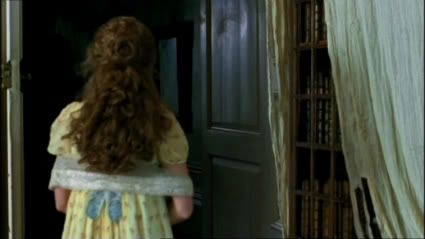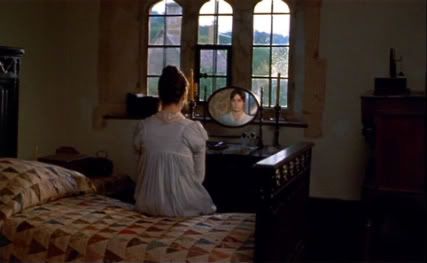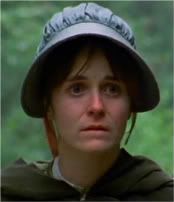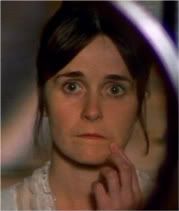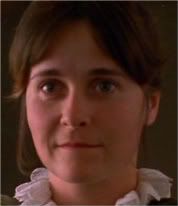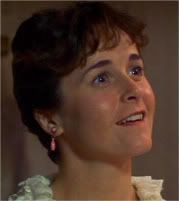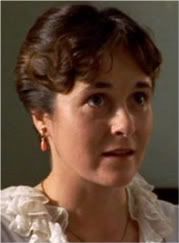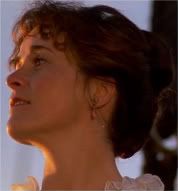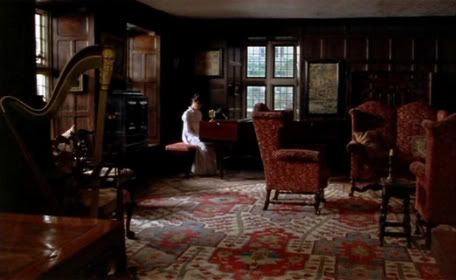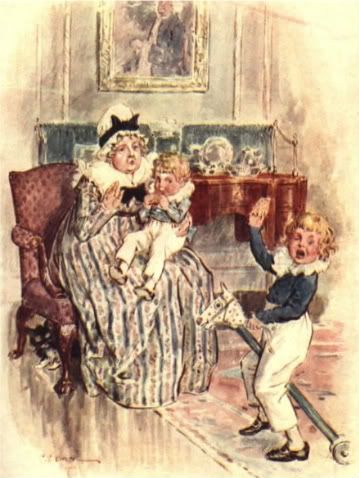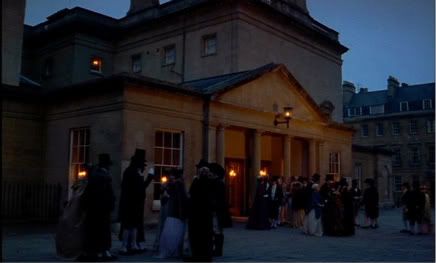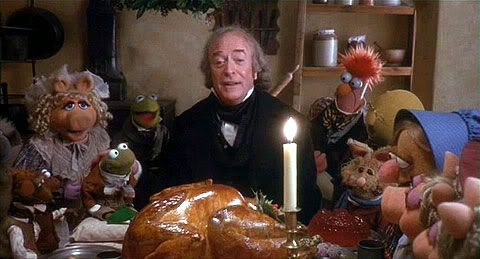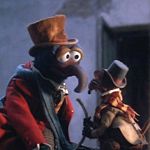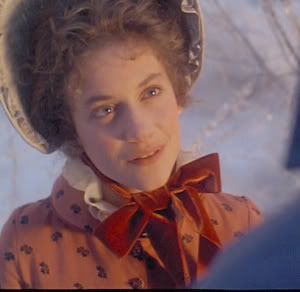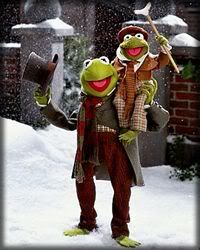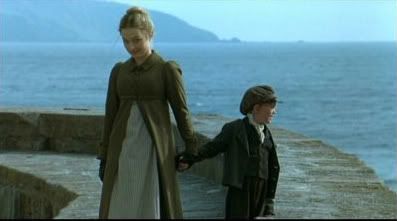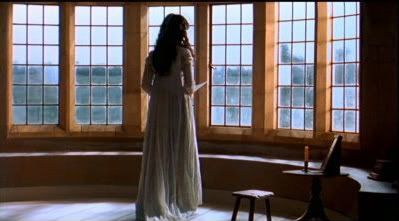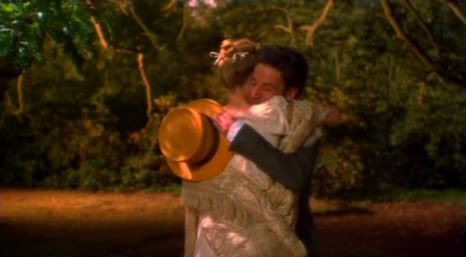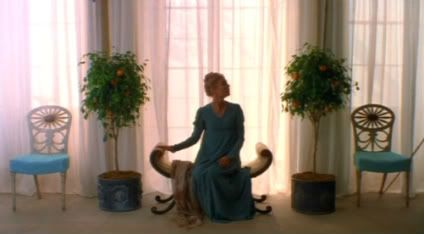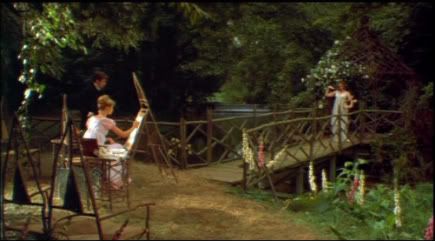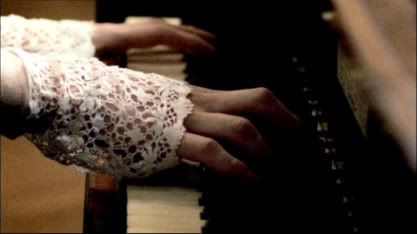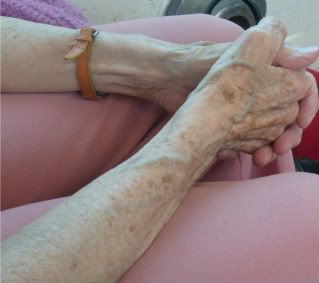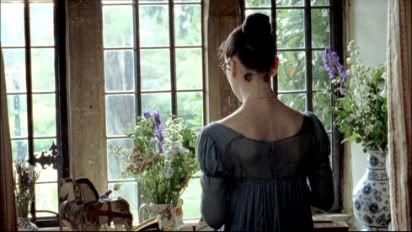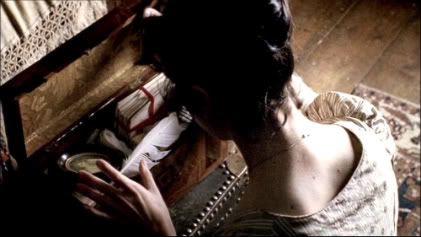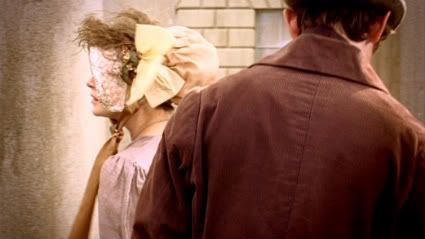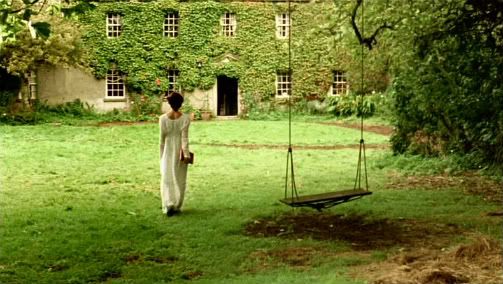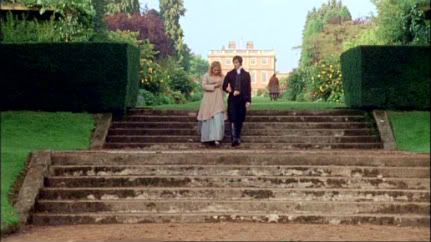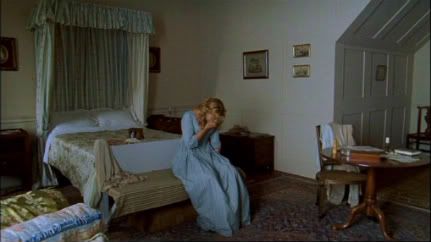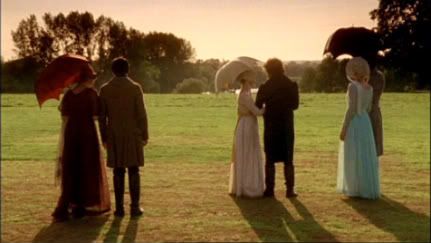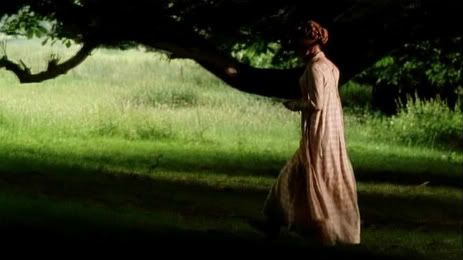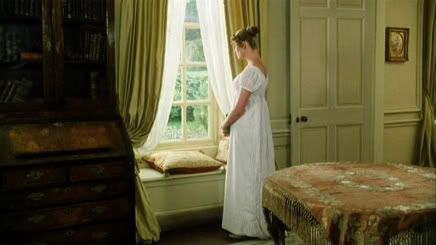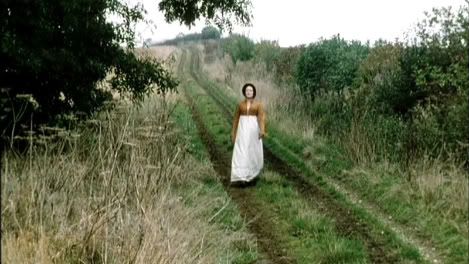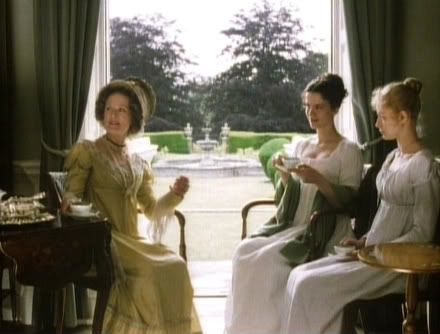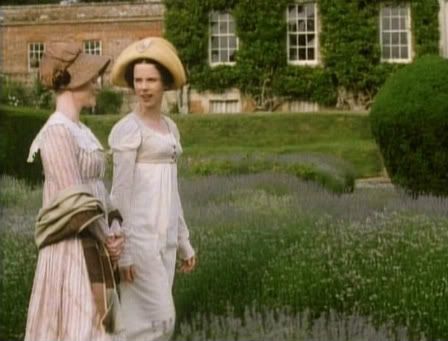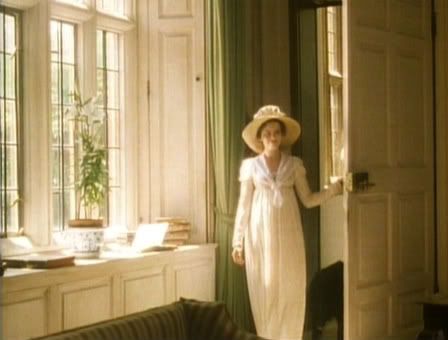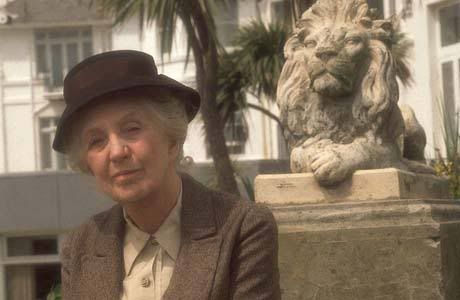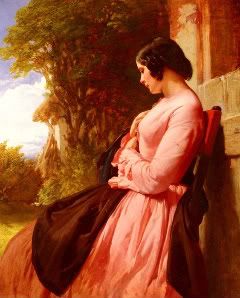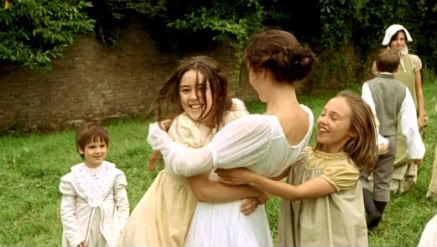
"Her mother was a woman of useful plain sense, with a good temper, and, what is more remarkable, with a good constitution. She had three sons before Catherine was born; and instead of dying in bringing the latter into the world, as anybody might expect, she still lived on — lived to have six children more — to see them growing up around her, and to enjoy excellent health herself. A family of ten children will be always called a fine family, where there are heads and arms and legs enough for the number; but the Morlands had little other right to the word, for they were in general very plain, and Catherine, for many years of her life, as plain as any."
I come from a small family with three children and very much admire families that have five, six or more children. Large families seem so often to be known as loving and giving. Having many siblings children seem to learn more readily how to look out for each other, care for the younger children and often how to be content with less. Catherine Morland really had a wonderful world to grow up in filled with all the innocent pastimes a child could imagine and all the plain thinking her parents taught her.
We are told the names of five of her siblings: of her three older brothers
James"...I really believe I shall always be talking of Bath, when I am at home again — I do like it so very much. If I could but have Papa and Mamma, and the rest of them here, I suppose I should be too happy! James’s coming (my eldest brother) is quite delightful — and especially as it turns out that the very family we are just got so intimate with are his intimate friends already. Oh! Who can ever be tired of Bath?” -
Catherine Morland and
Richard,
“My dear Catherine, I am afraid you are growing quite a fine lady. I do not know when poor Richard’s cravats would be done, if he had no friend but you. Your head runs too much upon Bath; ..." - Mrs. MorlandSarah who was a year or two younger than herself
" Her mother was three months in teaching her only to repeat the “Beggar’s Petition”; and after all, her next sister, Sally, could say it better than she did.""Sally, or rather Sarah (for what young lady of common gentility will reach the age of sixteen without altering her name as far as she can?), must from situation be at this time the intimate friend and confidante of her sister."and the two youngest
George and Harriet.
"The chaise of a traveller being a rare sight in Fullerton, the whole family were immediately at the window; and to have it stop at the sweep–gate was a pleasure to brighten every eye and occupy every fancy — a pleasure quite unlooked for by all but the two youngest children, a boy and girl of six and four years old, who expected a brother or sister in every carriage. Happy the glance that first distinguished Catherine! Happy the voice that proclaimed the discovery! But whether such happiness were the lawful property of George or Harriet could never be exactly understood."There was one other older brother and then three younger siblings between Sally (age 16) and George (age six). These younger siblings I would assume to be all boys because at the time of Catherine's arrival from Northanger Abbey there was only
"Her father, mother, Sarah, George, and Harriet, all assembled at the door to welcome her with affectionate eagerness..." and no other siblings. Since Morland girls were all educated at home it would seem likely that the house was fairly empty because the boys were away at school.
One might assume that the Morland's children would have names similar to the Austens - here they all are according to me:
James
Richard (after Rev. Morland as George Austen was named after his father Rev. Austen)
Edward
Catherine (instead of Cassandra who was hardly ever called Cassie as Catherine is never called Kitty)
Sarah "Sally" (plain like Jane, Jane Austen was called Jenny in her infant years)
Henry
Francis
Charles
George
Harriet (not sure about having a Henry and a Harriet, perhaps a John instead of a Henry?)
Just my silly fancy but much fun!
~
